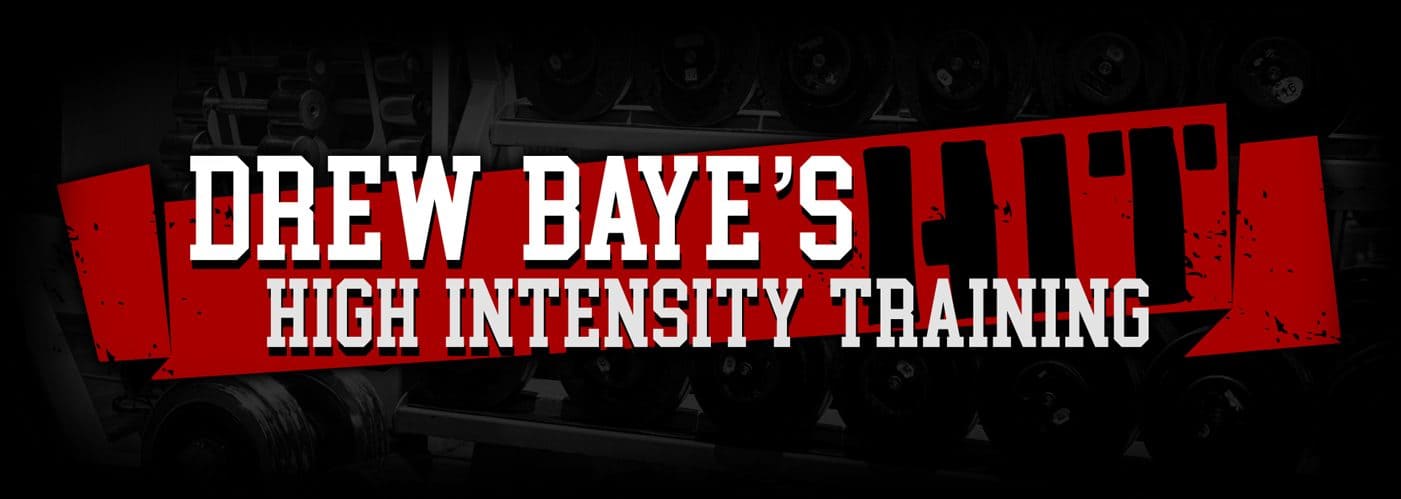Over the past 16 years I’ve trained hundreds of people one-on-one and have probably advised thousands through phone and internet discussions. Regardless of the goal, one factor that has consistently made a huge difference in results has been whether the client kept accurate records of their daily food intake, and if they were a long-distance client their workouts.
Studies using double labeled water have shown most people who are overweight significantly underestimate the amount of calories they consume, and people who are underweight tend to overestimate their calorie consumption. If you are not weighing or measuring and writing down what you are eating and drinking, you do not know how many calories or grams of different macronutrients you are consuming.
If you want to lose fat you have to consume few enough calories that your body is forced to make up the difference between expenditure and intake by taking energy from your fat stores, but not so few that energy is taken from any other tissues. You also have to consume adequate protein to maintain your lean body mass and adequate essential fatty acids despite a lower overall food intake.
If you want to gain weight/muscle mass, you have to consume enough calories and protein for your body to build new tissue, but not so much that you gain a significant amount of fat.
In either case, the only way to know if you are consuming the appropriate amounts on a daily basis is to weigh, measure and write it down. Every person I have trained who has done this consistently has gotten good results. Some of the people who did not keep track of their nutrition intake got good results any way, but most did not get the kind of results they wanted. Unfortunately, I can not follow every person I train 24 hours a day and weigh, measure and record their intake for them.
There are many diet books that claim recording calorie and/or macronutrient intake is not necessary to lose fat or maintain a lower body fat level, and they are correct. However, this requires a dramatic change in most people’s eating habits – something that can take a long time for some people to adjust to. In the meanwhile, writing it down makes it easier. Additionally, people tend to be more conscious of and thus make better choices about what they eat when they’re keeping track of it.
On a side note – most of these diet book recommend a way of eating that ultimately results in a lower calorie intake due to an emphasis on nutrient dense but low calorie foods, foods that reduce appetite, restriction or elimination of high calorie foods or some combination.
Another reason to keep track is to be able to evaluate how changes in eating affect appearance, physical and mental performance, mood, sleep and other factors and fine tune your diet. Accurate records make this process much easier.
I’ve had clients who insisted counting calories did not work for them and simply refused to keep a journal. As a result, their actual results fell far short of their potential results.
Often, when a person claims counting calories did not work for them I suspect one of the following problems:
- They were not weighing or measuring their food and drink properly.
- They were not recording everything they ate or drank.
- They did not do it long enough or consistently enough to see results.
Even if a person’s macronutrient ratio and food choices are horrible, if their average daily calorie intake is below their expenditure they will lose fat. And if their macronutrient ratio and food choices are horrible, writing them down is the first step towards being able to analyze and correct the problem.
If you’re serious about your goals, start writing it down.

Comments on this entry are closed.
Hi Drew,
wanted to see if you had reviewed Gary Taubes’ book “Good calories, Bad calories” and his equation that governs metabolism: “Incoming calories that can be easily converted to ATP must = the amount of ATP required to keep the body going and to move around.” Chris.
I still haven’t read Taubes book. It’s on my list, but I’ve got about a dozen others I want to finish before getting to it, and I still need to finish writing my own. I will most likely comment on it here when I’ve read it.